I recently felt surprised at the intensity of my anger.
I’ve spent several years practicing mindfulness and self-compassion and thought my capacity for rage had largely subsided. But a relational issue sprung up to remind me how the interaction between expectations and boundaries (or, rather, a lack thereof) can spur intense anger.
Happily, Pavel Somov’s book Present Perfect came into my life just in time to help me attend to the burning embers rather than react from them. This quote in particular initiated a very helpful pause:
“By insisting on reality being a certain way, we get stuck. To get unstuck, downgrade your expectations to preferences. Whereas an expectation is an unwarranted entitlement, a demand that reality comply with your vision of how it should be, a preference is just a wish…Practice expecting nothing and flowing with what is.”
This simple act of shifting an expectation to a preference significantly calmed my desire to lash out at the person whose behavior triggered so much angst. I could still wish for them to be more respectful and considerate of my time and efforts but not view this desire as a just dessert. As I changed my stance, the self-righteous anger dissolved. What came in its stead was some very useful information.
Above all, I realized I had not been paying enough attention to my boundaries. I took a historical look at this relationship and acknowledged to myself—really acknowledged—how frequently I did not say anything to this person about the behavior that was bothering me so as to avoid conflict. I feared that being at odds would result in this person cutting me off, and the relationship mattered enough to me that I did not want to risk its loss. But as conflict resolution expert Donna Hicks asserts, when we avoid discord we oftentimes violate our own dignity. “Stand up for yourself…A violation is a signal that something in a relationship needs to change,” she stresses in her book Dignity.
Upon recognizing how many times I attempted to overlook the parts of our relationship that needed to shift for me to feel accepting of our interactions, the strength of my anger was no mystery. The metaphor of the pot boiling over rings true: we can only ignore our experience of indignity for so long before we explode or experience other symptoms of de-selfing such as depression and anxiety. Although we often focus on the “no” part of setting boundaries, the act itself really amounts to saying “yes” to ourselves.
Somov’s book helped me to engage in a cooling off period so that when the opportunity arises to establish boundaries, I can do so calmly and with kindness. I particularly liked his exercise “Open the First of the Past” as a way to begin letting go of the anger and its underlying fear and hurt:
When wanting to let go of painful thoughts of the past, try this. Think of the worst part of what happened in the incident that’s bothering you. As you do, clench your first as tightly as you can. Notice the tension. Think of this as the tension of holding on to the past. Recognize that you have a choice right now: you can stay tense or you can let go. Decide if you want to hold on to the thought or if you’re ready to let go of it. When you decide to let go, gradually open your fist to drop the issue. Notice the release of the tension. If it still has a hold on you, repeat this process until it doesn’t. If what happened bothers you in more than one way, think of the next worst part. Repeat the sequence.
At the end of the day, downgrading our expectations to preferences is not the end of the story. We still get to respect ourselves, which is precisely what boundaries allow us to do. With enough courage, practice, and support, we can set boundaries with loving kindness, recognizing that difficult truths can be expressed without thorns. In Hidayat Inayat-Khan’s lovely words from Reflections on Spiritual Liberty, “What use is there in a blunt truth thrown like a stone, which breaks the heart? There is no virtue in truth which has no beauty.”
Connie North has an MS in marriage and family therapy and a PhD in education. She uses a mindfulness-based, justice-oriented approach and has taught and written about LGBTQI, equity, and diversity issues.



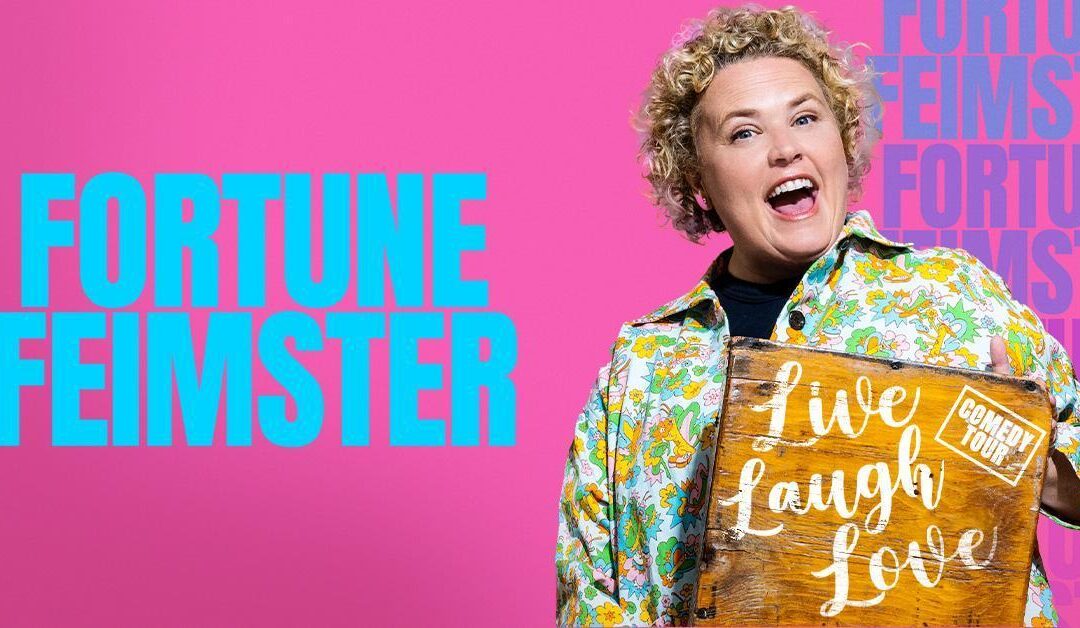

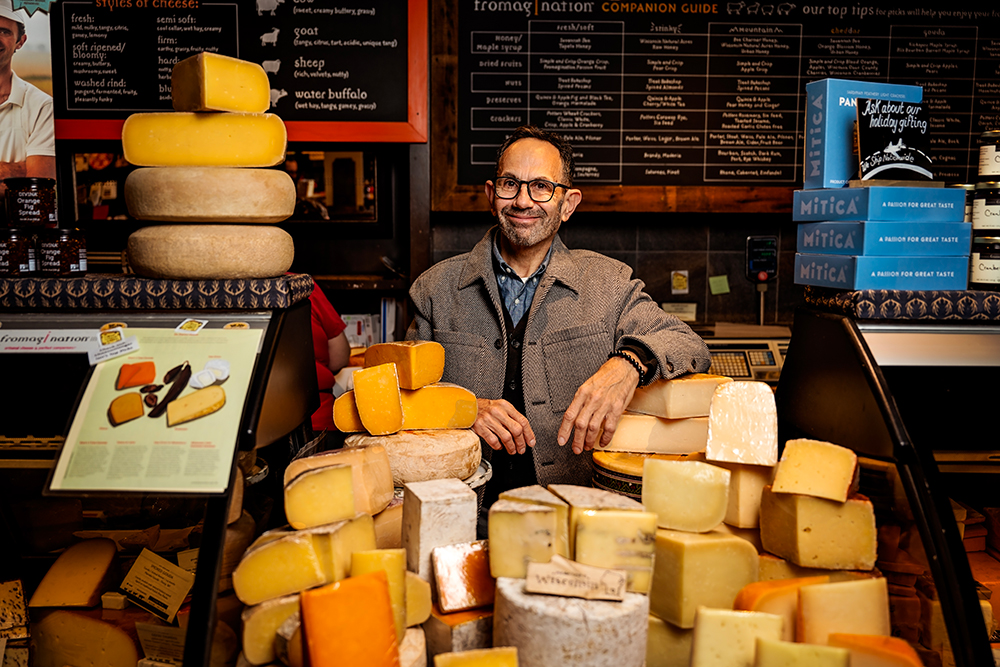
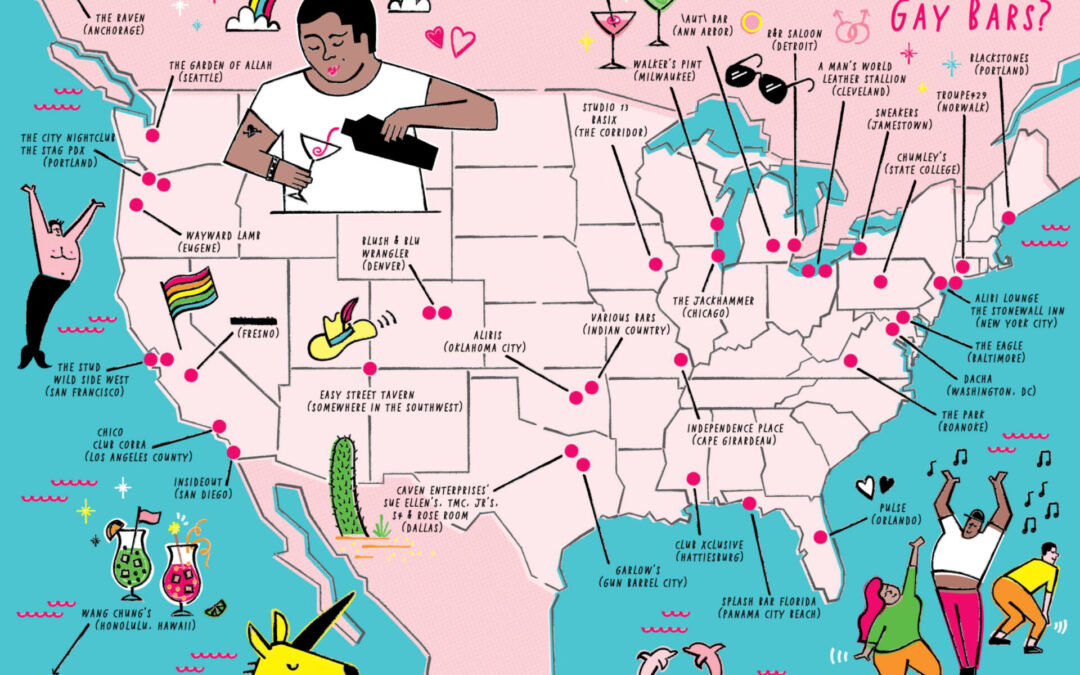


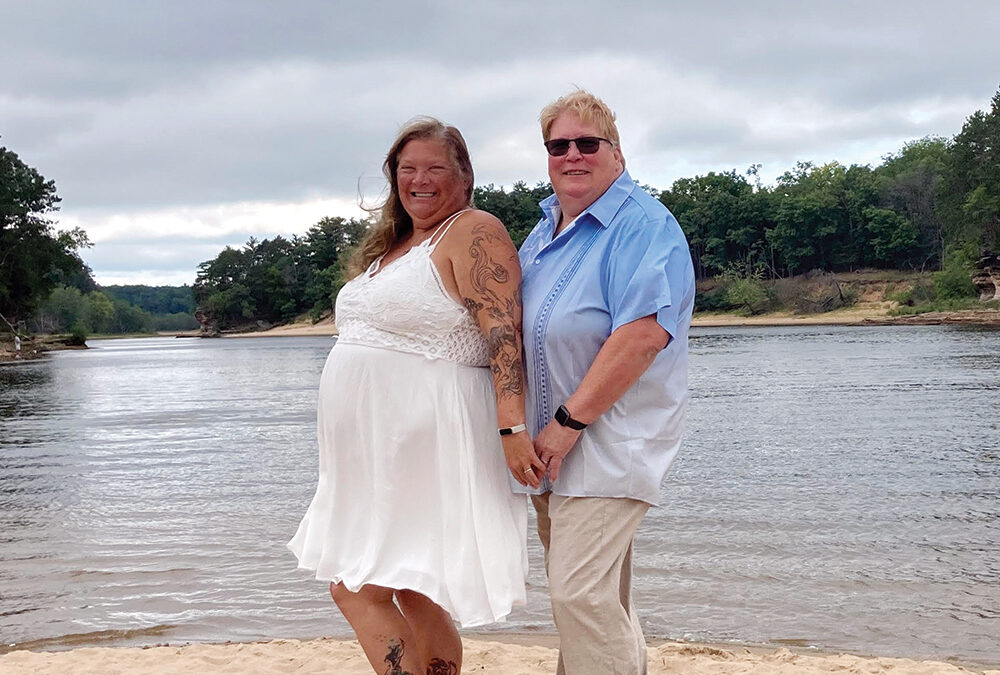

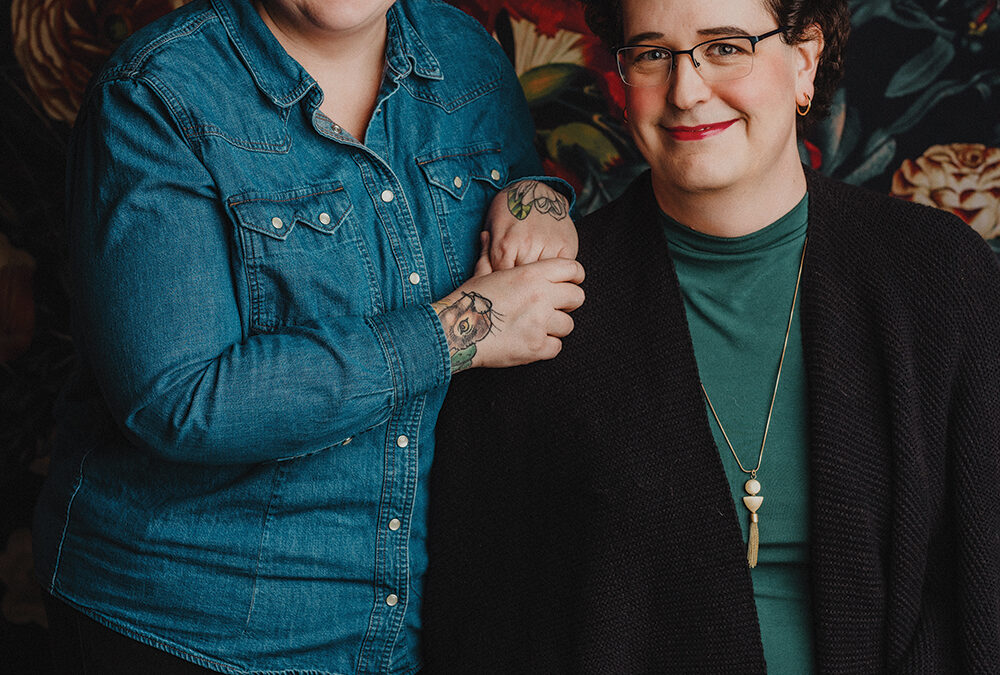










0 Comments